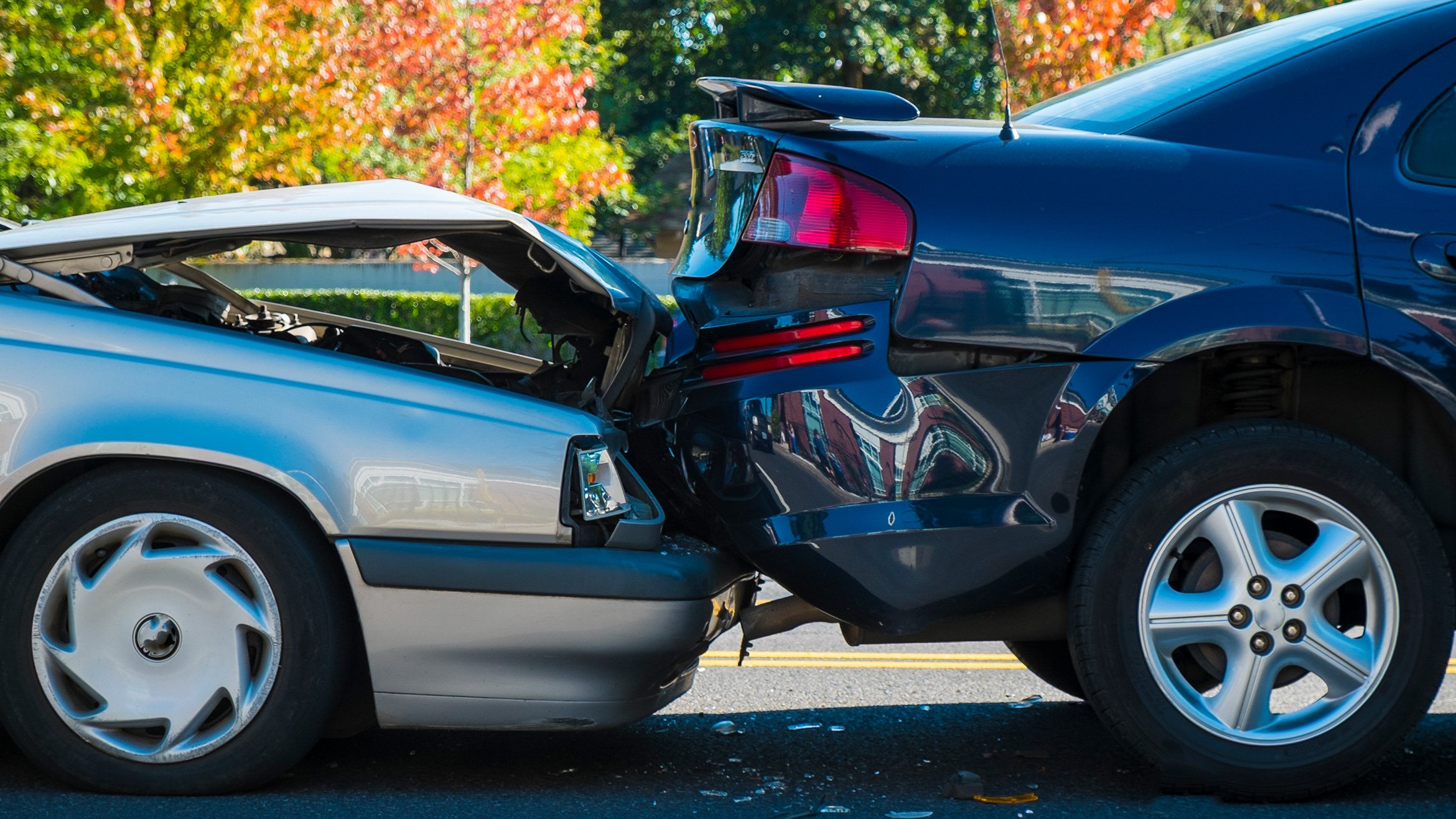The Feel of a Word: prang
I think that most Australians would regard prang as a solid bit of Australian English. But the fact is that it is an item that we share with British English, and that it originated with the R.A.F. in World War II. Unfortunately no one kept a record of how the R.A.F. pilots arrived at the term so the origin remains unknown. All we know is that the word was used to mean ‘ a crash in an aircraft’ or ‘a bombing mission’. To prang an aircraft was to crashland it. To prang a city was to bomb it. There are some instances of it being used in this military context in Australian newspapers during the war.
After the war the term transferred to accidents in vehicles other than aircraft in both the UK and Australia. A prang in a car could be major or minor, and so prang was a colloquial synonym for accident that usually involved running into something or someone.
In Australia the word seemed to be used more widely:
Take that euphonious word “prang” which originally meant an aircraft crash or mishap. It now has a much wider application and embraces not only motor cycles, bicycles and cars but humans as well. Recently I heard a seven-year-old boy tell his father that his little sister Sue had “pranged” from the swing and skinned her nose. West Australian 1950
This use of prang has survived in Australia, expecially in the form prang off. A basketball can prang off the rim of the net. A soccer ball can prang off the post. It is a synonym for bounce off but with negative import. Such a bounce is not intended and is wholly undesirable. The unusual expression pranged off his nut meaning ‘intoxicated’ is perhaps a variation on smashed off his face.
But prang seems to be most commonly used in relation to collisions with vehicles. Cars, trucks, bikes, even surfboards. As time has gone on, I think there has been a slight divergence between British and Australian use. For us prang remains a cheerful and casual synonym for accident. We can have minor prangs causing limited damage or major prangs that close whole highways. On the other hand we reserve bingle for the minor accident that results in superficial dents and scratches. In British English prang is the minor accident.
The term bingle is an Australianism and can refer to either a brawl or a car crash. It seems to be the diminutive term from the Cornish dialect word bing meaning ‘a thump or blow’ and ultimately a word echoing the sound of the blow. Because of the diminutive –le ending we intuitively regard it as being a minor event, which, as time went on, could refer to the dent on your surfboard as much as to the dent in the car.
